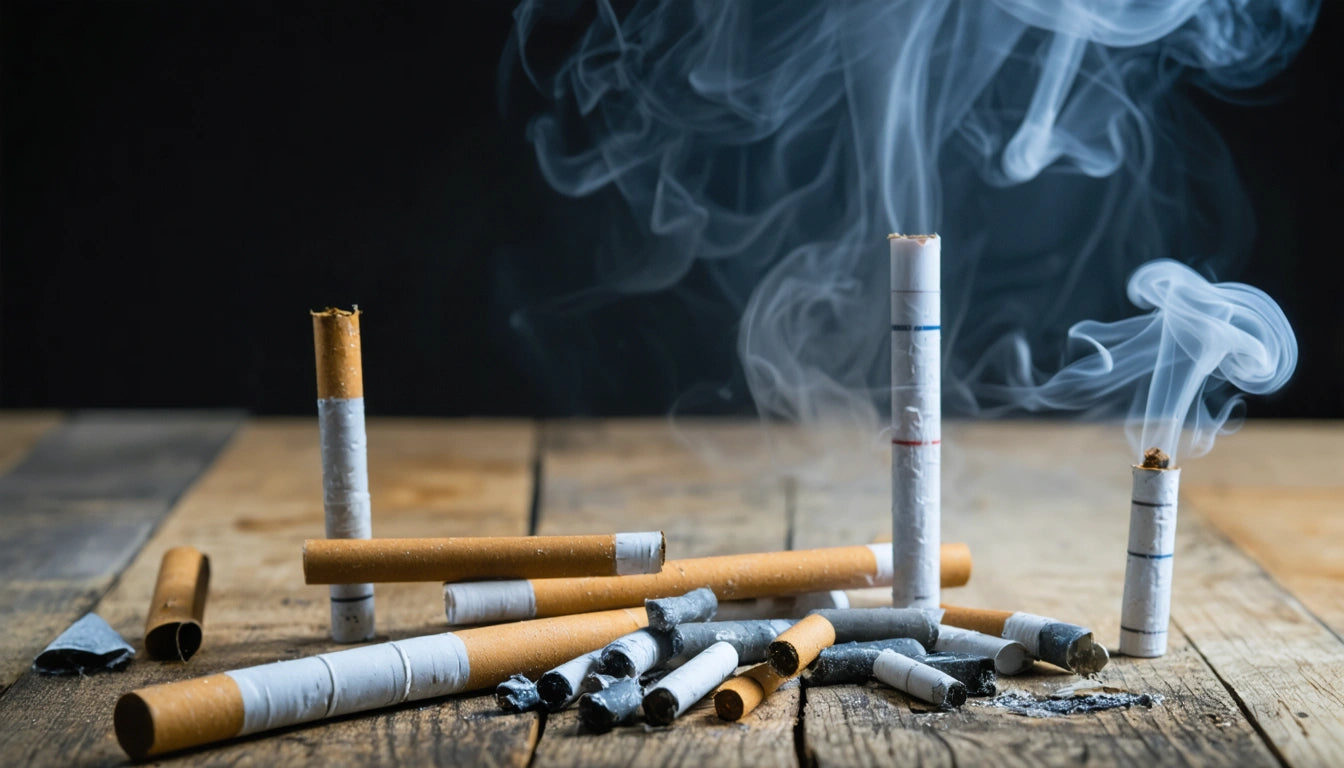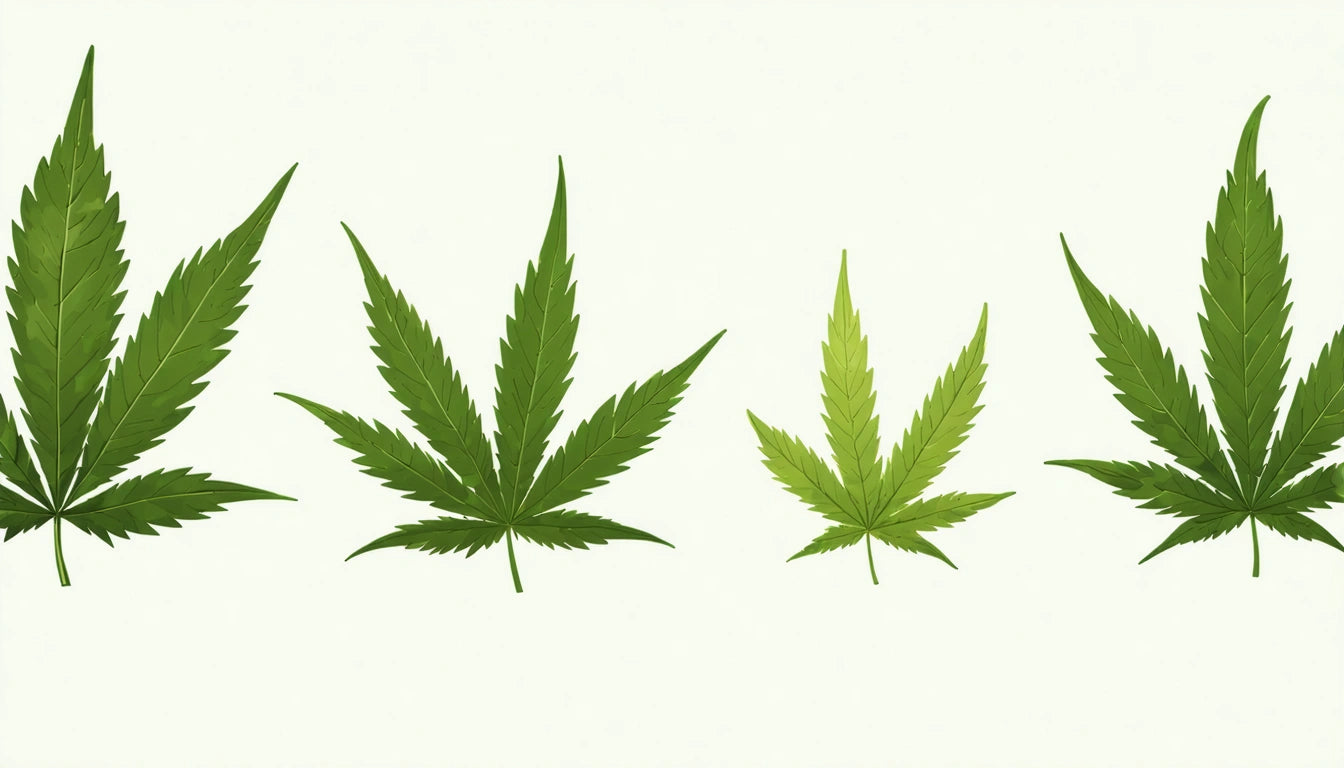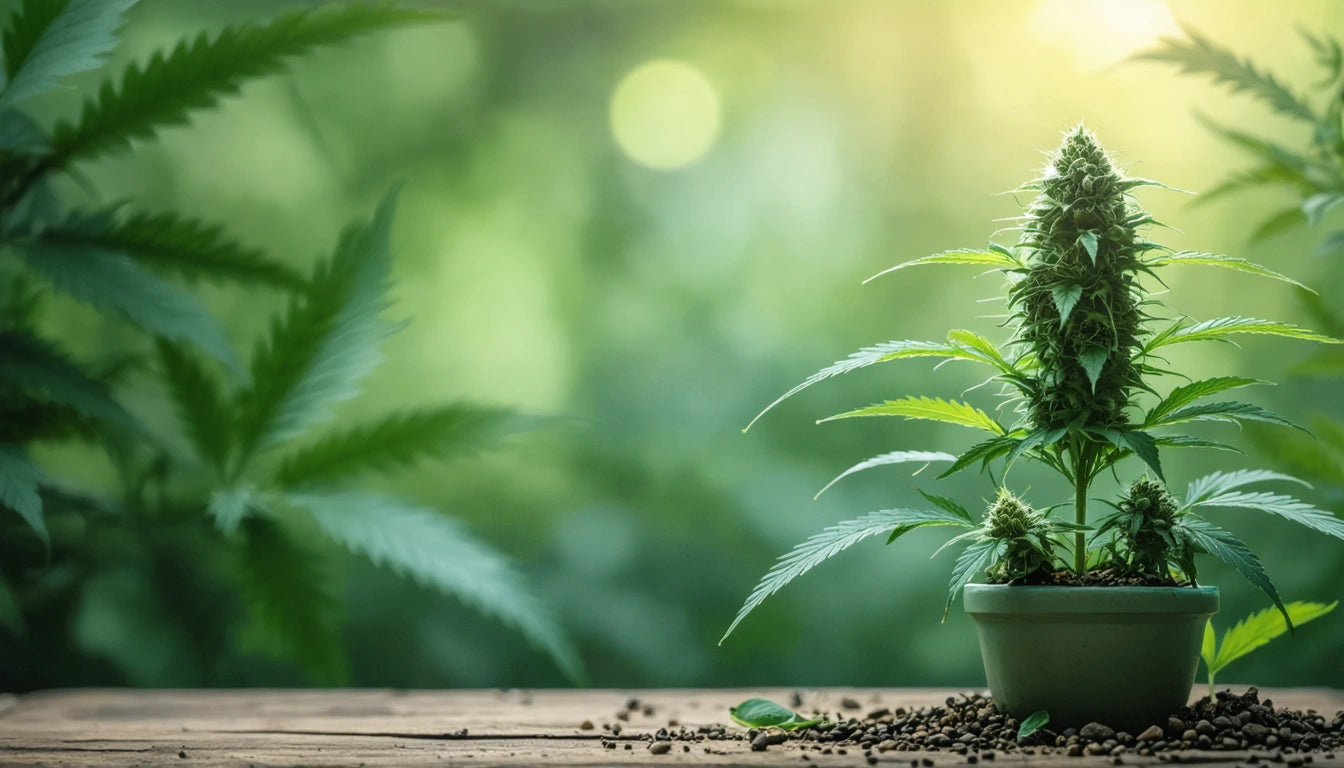Table of Contents
Can Secondhand Smoke Be Detected in Drug Tests?
The question of whether secondhand smoke can be detected in drug tests is a common concern for many individuals who may be exposed to cannabis smoke without directly consuming it. Understanding the science behind secondhand exposure and testing methodologies can help clarify misconceptions and provide practical guidance for those concerned about potential positive test results.
Understanding Secondhand Smoke Exposure
Secondhand cannabis smoke contains many of the same chemical compounds found in firsthand smoke, including THC (tetrahydrocannabinol), the primary psychoactive component. When someone is exposed to secondhand marijuana smoke, they may inhale small amounts of THC, which can potentially enter their bloodstream.
The level of THC that enters the system through secondhand exposure is typically much lower than what would result from direct consumption. However, this doesn't mean it's impossible for secondhand smoke to affect drug test results under certain circumstances.
Detection Methods for Secondhand Smoke
Different testing methods have varying sensitivities and detection windows when it comes to identifying THC and its metabolites in the body.
Urine Testing
Urine tests are the most common method used for drug screening. The question "can secondhand smoke cause you to fail a drug test" is particularly relevant for urine tests, which typically look for THC-COOH, a metabolite formed when the body processes THC.
Standard urine tests have cutoff levels (typically 50 ng/mL for initial screening) designed to minimize false positives from passive exposure. Under normal circumstances, casual secondhand smoke exposure is unlikely to result in urine concentrations above this threshold.
Blood Testing
Blood tests detect active THC in the bloodstream rather than metabolites. As explored in "does cannabis show up in blood tests," these tests have a shorter detection window but can be more sensitive to recent exposure.
Secondhand smoke exposure may cause detectable levels of THC in blood for a brief period, but these levels typically fall below testing thresholds within hours unless exposure was in an extremely concentrated environment.
Hair Testing
The question "can second hand smoke show up in hair test" addresses a more complex testing method. Hair tests can detect drug use over a longer period (up to 90 days) by analyzing THC metabolites that become trapped in hair follicles.
Research suggests that environmental contamination, including secondhand smoke, can potentially affect hair test results. However, most labs wash hair samples before testing to remove external contaminants, reducing the likelihood of false positives from secondhand exposure.
Factors Affecting Test Results
Several factors influence whether secondhand smoke will show up on a drug test:
- Ventilation: Poor ventilation in enclosed spaces increases exposure levels.
- Proximity: Closer proximity to active smokers increases THC inhalation.
- Duration: Longer exposure periods lead to greater cumulative THC absorption.
- Potency: Higher-potency cannabis produces smoke with more THC.
- Test sensitivity: Lower cutoff thresholds increase the chance of detecting passive exposure.
Safety considerations extend beyond testing concerns. For instance, our properly designed safety containers with child-resistant features help prevent accidental exposure to cannabis products in households with children, addressing another important aspect of secondhand exposure risk.
Research Findings on Secondhand Exposure
Scientific studies have investigated whether secondhand marijuana smoke can cause positive drug tests. According to research referenced in "can secondhand weed smoke cause a positive drug test," extreme exposure conditions can potentially lead to positive results.
In one controlled study, non-smokers were placed in a small, unventilated room with active cannabis smokers for several hours. Some participants subsequently tested positive on sensitive urine tests, but the levels were typically below standard cutoff thresholds used in workplace testing.
Another study found that even under extreme conditions (small room, multiple smokers, no ventilation), the amount of THC absorbed by passive inhalers was unlikely to exceed 50 ng/mL in urine, the common cutoff for standard tests.
Minimizing Risks of Secondhand Exposure
For those concerned about whether secondhand smoke will show up in a urine test, there are several practical steps to minimize risk:
- Avoid enclosed spaces where cannabis is being consumed
- Ensure proper ventilation if exposure cannot be avoided
- Maintain distance from active smokers when possible
- Limit time spent in environments with cannabis smoke
- Understand the specific testing methods and cutoff levels that may apply in your situation
Understanding "what factors can affect urine test results" can also help individuals make informed decisions about potential exposure situations.
While the risk of testing positive from secondhand smoke is generally low under normal circumstances, individuals subject to zero-tolerance policies or highly sensitive testing protocols should exercise additional caution.
In conclusion, while it's technically possible for secondhand cannabis smoke to be detected in drug tests under extreme conditions, the risk of a positive result from casual, incidental exposure is minimal for standard testing protocols. The best approach is to minimize exposure when possible and understand the specific testing methods that may apply to your situation.











Leave a comment
All comments are moderated before being published.
This site is protected by hCaptcha and the hCaptcha Privacy Policy and Terms of Service apply.